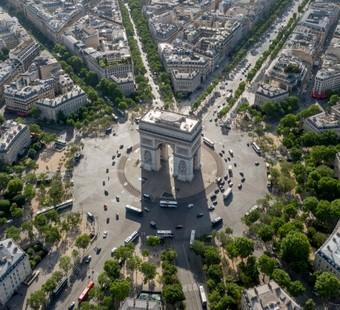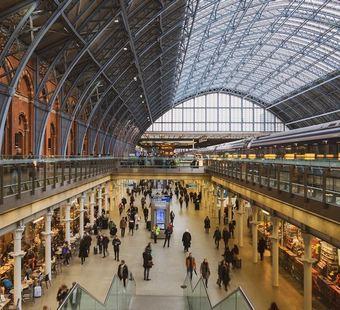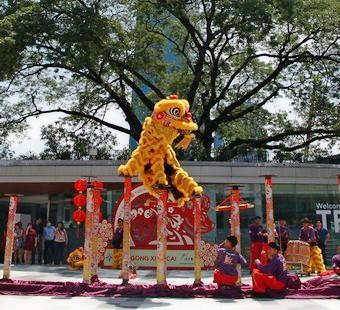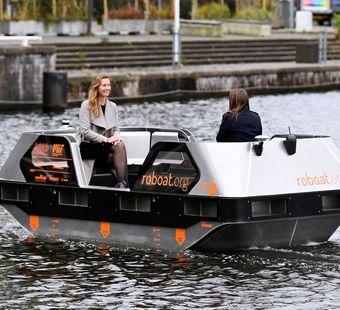In the 12 years that it has been in operations, the Dubai International Financial Center (DIFC) has become one of the most important financial centers in the world.
Positioning itself as a global center that bridges the East and the West, DIFC says it provides access for businesses and financial institutions into the emerging markets in the Middle East, Africa and South Asia.
Currently, Dubai is ranked highest among financial centers in its region, and the 25th out of 106 financial centers worldwide surveyed by Global Financial Center Index (GFCI).
It is also one of 14 centers in the world that is considered Global Leaders – it has both broad and deep financial services activities, and is highly connected with many other financial centres in the world. The GFCI calculated areas of competitiveness that includes business environment, human capital, infrastructure, sector development and reputation.
One of the oft-quoted success factor for the young financial center is its courts and legal system.
DIFC was launched in November 2005, when the UAE constitution was amended to allow an emirate to establish a “financial free zone,” a separate legal, geographic and judicial jurisdiction
The DIFC enjoys a legal framework separate from that of the rest of the country. Based primarily on English common law as opposed to UAE civil law, the DIFC Courts administer civil and commercial disputes within the financial free zone.
The independent system has allowed Dubai to adapt to international standards quickly, and bypass some of the more complicated legislative process.
Since inception, DIFC’s strategy has focused on key areas such as developing the legal and regulatory infrastructures that are foundations for IFCs, attracting a critical mass of global banks and financial institutions to operate out of DIFC and creating education centres and stimulating knowledge transfer.
Dubai, one of the seven emirates under the UAE, has seen transformation like no other in just a few short decades after the visionary leadership of Sheikh Rashid bin Saeed al Maktoum, and his son Sheikh Mohammed bin Rashid, saw the emirate successfully diversified its economy and made itself the entreport to the Gulf region.
After decades of heavy infrastructure investment, Dubai now has one of the world's busiest ports, the world's busiest airport and the world’s leading airline.
Despite the slumping oil price in the last two years that has severely affected the Middle Eastern economies, DIFC still grew by 14 percent in 2016. The number of financial firms in the DIFC grew by 10 per cent, while non-financial companies grew by 17 percent. Even the workforce expanded by one tenth.
The financial center is on track to achieve is target to triple its size in 10 years. By 2024, DIFC forecasts assets under management in the center to rise to US$250 billion with a workforce of 50,000 and financial companies registered hitting 1,000 firms.
Photo Credit: Dubai International Financial Centre







